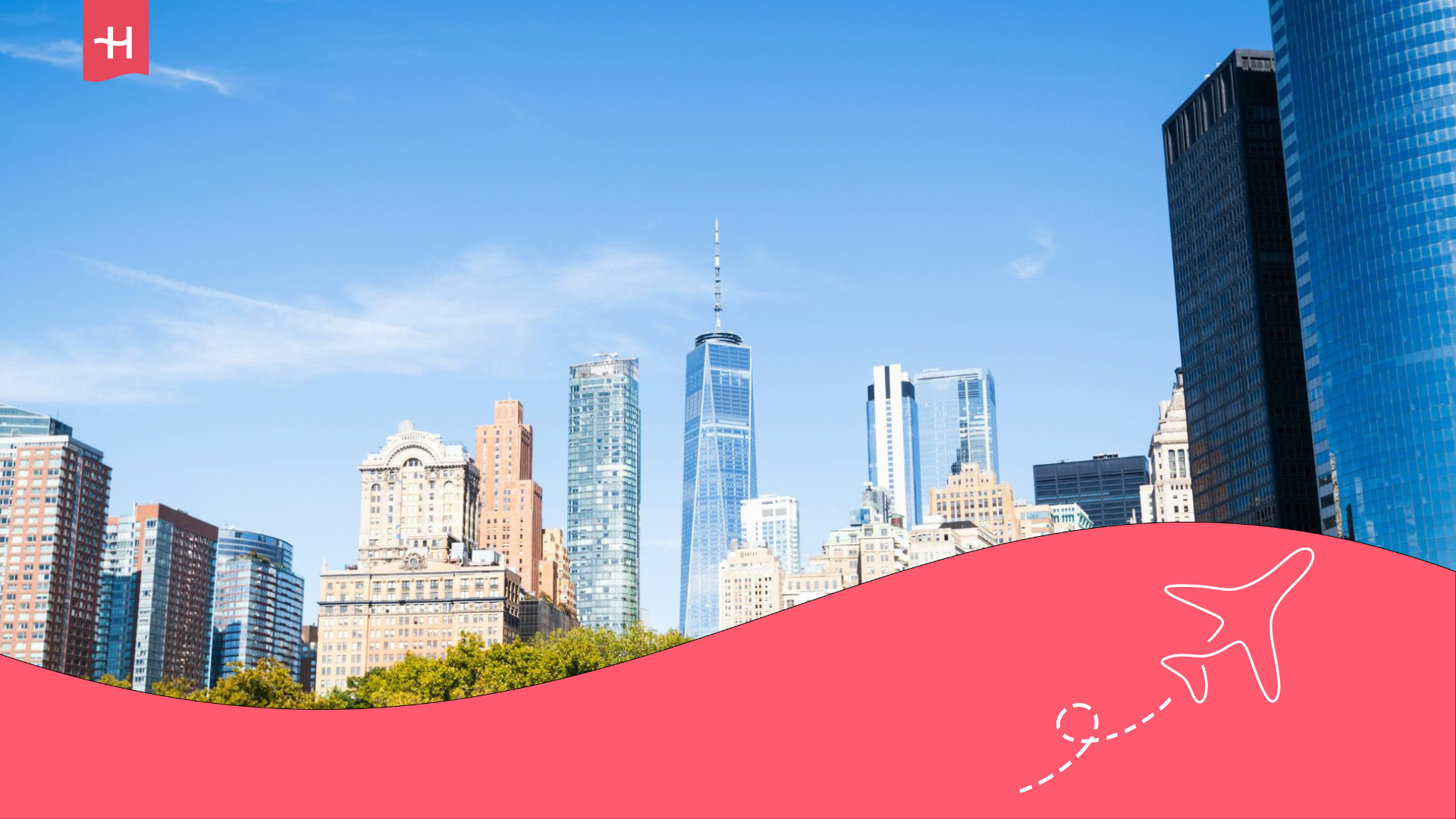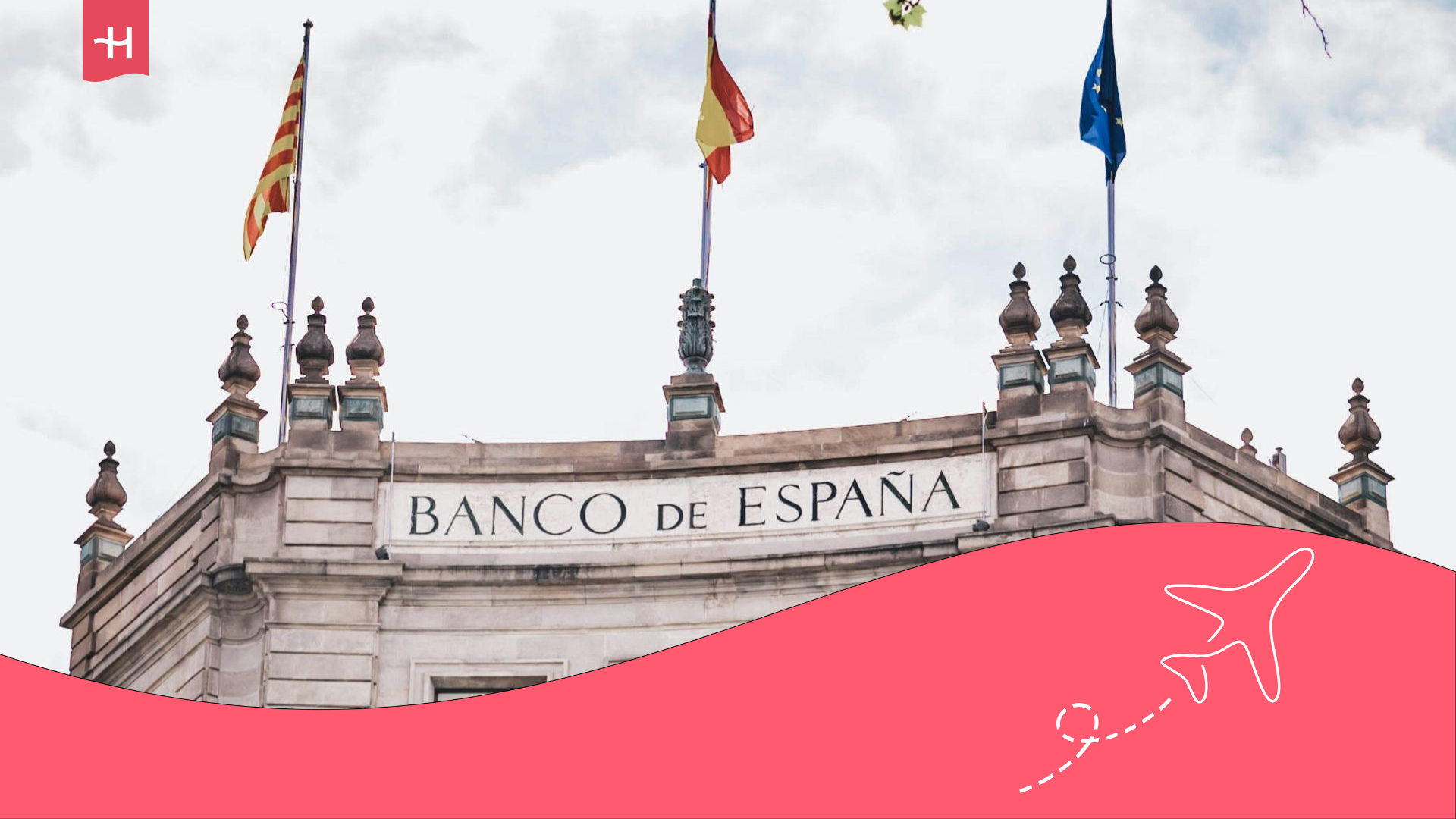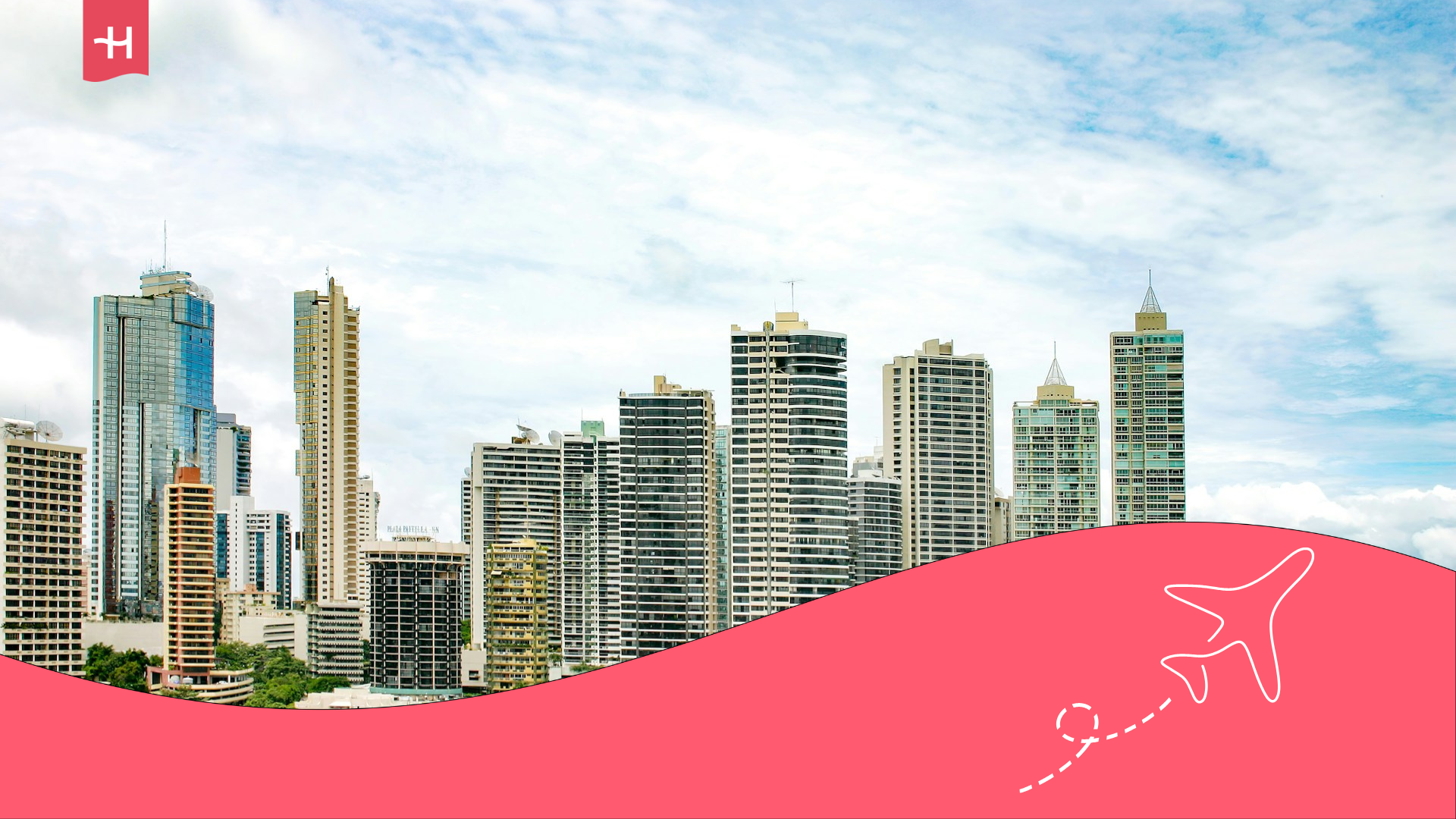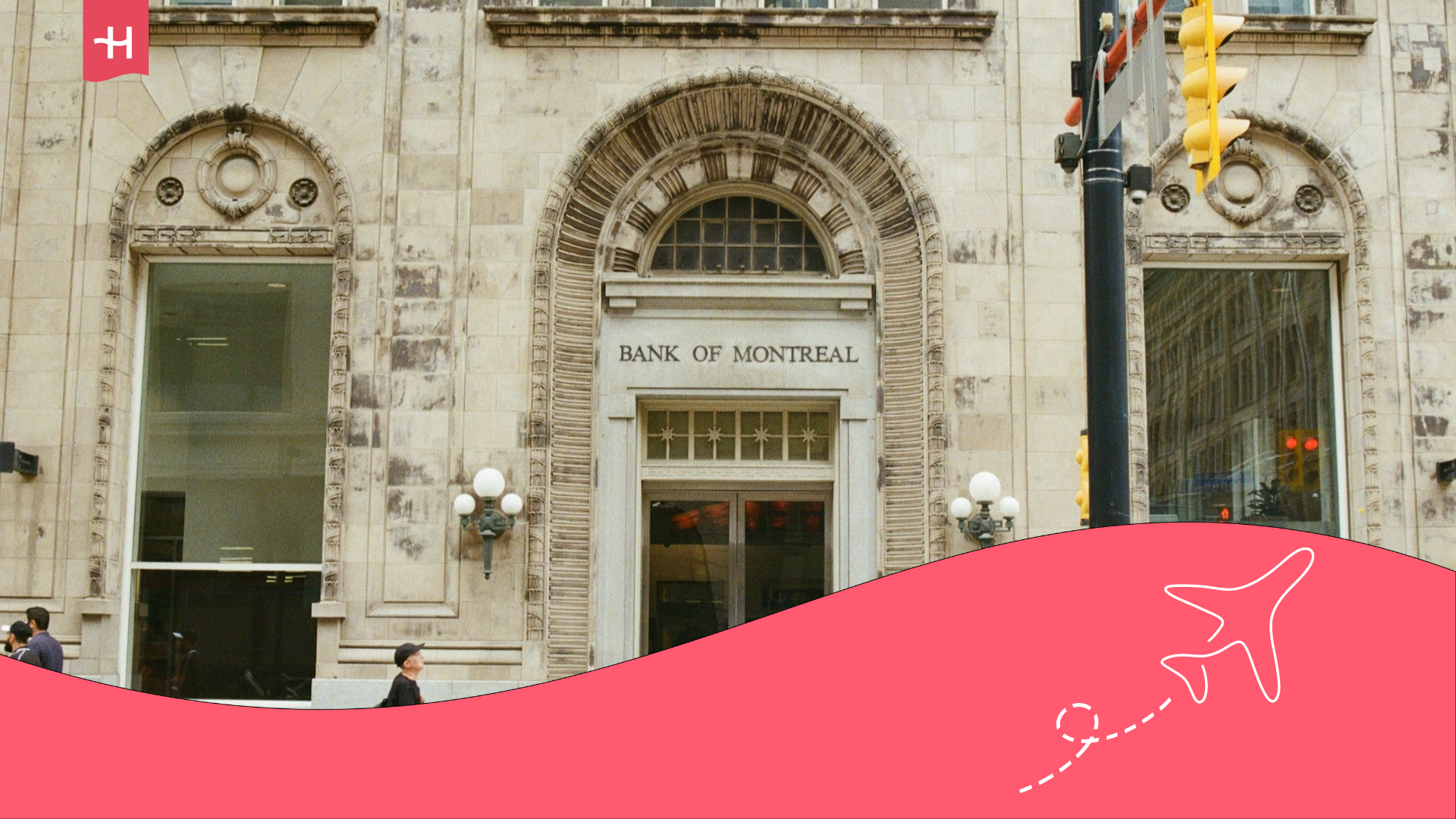Cost of living in Russia: Food, transport, and more
Plan your trip by finding out first-hand what the cost of living is in Russia: accommodation, transport, food, leisure, health and internet.
Thinking of moving to this country or living there for a while? You’re probably wondering what the cost of living in Russia is and whether your budget can cover all monthly expenses. In this article, we’ll clear all doubts. We’ll analyse the types of accommodation available, rental prices, food costs, dining out expenses, as well as transport, fuel, healthcare services, and popular leisure activities.
After reading the information we’ve prepared, you’ll understand how Russia’s cost of living compares with other European countries. With our tips, you’ll optimise your spending and live comfortably in this country. Whether you come to Russia to work, study, or explore as a tourist, follow our advice and save money on your journey!
Average cost of accommodation in Russia
Let’s start by looking at the cost of living in Russia regarding rental prices. Rates vary significantly depending on the city you choose. Moscow has the highest prices compared to smaller cities like Kazan or Novosibirsk, which are much more affordable.
Still, compared to most European countries, renting in Russia is cheaper, even in the capital. This makes it an attractive destination for students and digital nomads. They can rent their own flat for the cost of a single room in cities like Madrid or Paris. Here are the main options:
- Apartment: A one-bedroom flat in Saint Petersburg can cost from $468 (€400), in Kudrovo $350 (€300), and in Moscow $760 (€650), according to Arkadia.
- Room: Sharing a flat in Russia is affordable, with prices around $457 (€365) in Moscow, $270 (€230) in Kazan, or $258 (€220) in Novosibirsk.
- Hotel: Moscow hotels start at $87 (€75) per night at Pana White, $30 (€25) in Obinsk at Yubileinaya Hotel, or $25 (€22) at Hotel Oeste in Smolensk.
- Coliving: If you want a place to live and work remotely, options include Wow in Moscow from $293 (€250) or Colive & Cowork Gumbrini in Tskaltubo for $221 (€189).
Cost of food in Russia
Food isn’t a major expense in Russia’s cost of living. Compared with many European countries, supermarket shopping and dining out are very affordable. This is due to high local food production and state subsidies in some sectors. If you shop at Magnit, Pyaterochka, or Lenta, these are typical prices:
- 1 litre of milk: $0.95 (€0.81)
- 1 kg of pasta: $1.10 (€0.94)
- 12 eggs: $1.50 (€1.28)
- 1 kg of beef: $6.50 (€5.55)
- 1 kg of chicken: $3.80 (€3.25)
- 100 g of dark chocolate: $1.25 (€1.07)
- 250 g of ground coffee: $3.20 (€2.73)
- 1 kg of potatoes: $0.60 (€0.51)
- 1 kg of tomatoes: $1.80 (€1.55)
- 1 loaf of white bread: $0.50 (€0.43)
The same applies to restaurants, especially if you choose traditional Russian dishes in local eateries, away from tourist areas. For example, Teremok in Moscow and Saint Petersburg offers menus like this:
| Type of Meal | Dish | Price |
|---|---|---|
| Breakfast | Kasha (porridge) and tea | $3.50 (€3.00) |
| Food | Borscht (beet soup) + bread + drink | $6.45 (€5.50) |
| Dinner | Pelmeni (dumplings) + Russian salad | $7.60 (€6.50) |
Typical menu of a local restaurant in Russia.

Transport prices in Russia
What’s the cost of living in Russia when it comes to transport? Following the same trend, fares are very cheap compared to the rest of Europe. You can travel by bus, metro, tram, trolleybus, taxi, bike, or car. Here’s a closer look:
Public transport in Russia
Russia has an extensive public transport network reaching most areas. A single bus ticket costs around $0.50 (€0.43), less than half the price in other countries. With a Troika card, fares drop to $0.44 (€0.38). Metro riders can transfer free for one hour, with monthly passes costing $40 (€35).
Taxi, Uber, and Yandex
Some traditional taxis don’t use meters or fixed fares, so always negotiate before boarding. Instead, use Uber or Yandex Taxi to see fixed rates through the app. For example, a 5 km ride in standard class costs about $1.94 (€1.66).
Rent a bike in Russia
If you prefer cycling, Moscow’s Velobike system offers traditional and electric bikes, with over 9,000 units and no fixed stations. A daily pass costs $3.80 (€3.25).
You’ll ride on safe cycle lanes connecting parks and urban areas in cities like Moscow and Saint Petersburg. However, due to weather conditions, the service only runs from March to October.
Driving a new car
If you want more independence, consider buying a car. One of the most popular models is the Toyota Corolla, costing around $35,500 (€30,286). In Russia’s cost of living, you must also include fuel and mandatory insurance:
- Petrol: about $0.75 (€0.66) per litre.
- Third-party insurance: around $75 (€63) yearly.
- Comprehensive insurance: from $500 (€426).
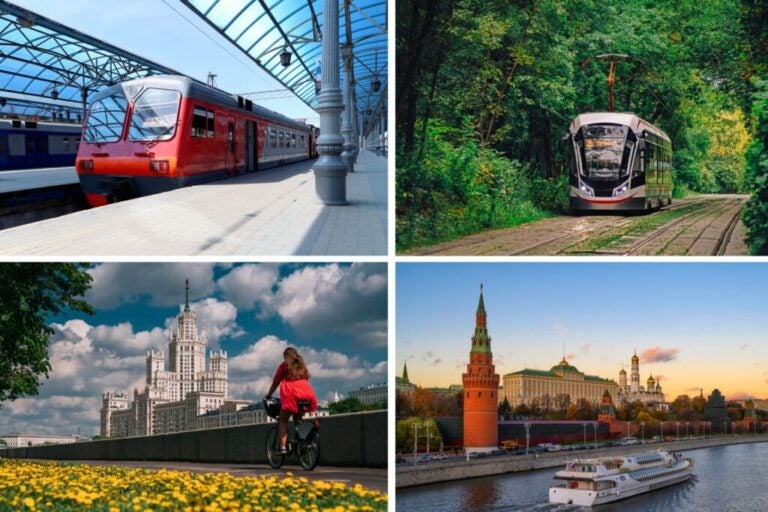
Healthcare costs in Russia
Public healthcare in Russia is free for citizens and legal residents registered with mandatory health insurance. Most travellers arriving for tourism, studies, or short-term work should get private health insurance.
This covers emergencies without huge out-of-pocket costs. Private medical insurance starts from $105 (€90) yearly, a small investment with great benefits. Here’s a table of approximate private healthcare costs:
| Medical services | Approximate cost without insurance |
|---|---|
| General medical consultation | $25–$40 (€21–€34) |
| Consultation with a specialist | $40–$70 (€34–€60) |
| Dentist consultation | $30–$50 (€25–€42) |
| Day of hospitalisation | $200–$400 (€170–€340) |
| Appendicitis surgery: | $1,500 (€1,280) |
| Paracetamol (500 mg): | $2.50 (€2.13) |
| Ibuprofen (400 mg): | $2.11 (€1.80) |
Private healthcare prices in Russia.
Internet and call plan prices
Continuing with Russia’s cost of living, we can’t forget about internet access. Currently, the government blocks platforms like Facebook, YouTube, Instagram, and X (formerly Twitter). However, local operator plans are very affordable:
- MTS: 50 GB and unlimited calls for $7.50 (€6.90)
- Megafon: 40 GB and unlimited calls for $6.90 (€6.35)
- Beeline: 100 Mbps broadband for $8.80 (€8.10)
- Rostelecom: 100–300 Mbps, with TV and landline options, for $7.70 (€7.10)
If you’re a student or digital nomad needing reliable, secure, and uninterrupted coverage, the best choice is Holafly’s monthly plans. Options range from 10 GB to unlimited data, with 5G coverage nationwide and no roaming charges. You can activate them quickly from the app to stay connected from day one:
| Subscription | Details | Rate |
|---|---|---|
| 10 GB Plan | Ideal for short trips or basic use. | $40.93 (€39.90) |
| 25 GB Plan | Perfect for video calls, teamwork, and file downloads. | $51.19 (€49.90) |
| Unlimited Plan | For heavy users, with connection on two devices simultaneously. | $67.90 (€64.90) |
Features of Holafly’s monthly plans
Important: If you are a frequent traveler and want to stay connected without worrying about expensive roaming or looking for a new SIM at every destination, Holafly’s subscription plans are for you. With a single eSIM, enjoy internet in more than 160 countries for a fixed price and no surprises on your bill. Travel without limits and connect easily and securely! 🚀🌍

Cost of leisure activities in Russia
Curious about leisure activities in Russia? Naturally, this is another monthly cost to consider. Ticket prices for museums, theatres, or palaces are much lower than in most European countries, so you’ll always find something to do without spending much. Remember to respect local customs for a safe trip, since certain clothing may be inappropriate at some venues:
- Cinema: a ticket costs $4.50 (€4.10).
- Zoo: entry to Moscow Zoo is about $7.50 (€6.90).
- Theatre: Alexandrinsky Theatre in Saint Petersburg starts at $8 (€6.85), while Moscow’s Bolshoi starts at $20 (€17.05).
- Kremlin and Red Square: from $11.00 (€10.10).
- Museum: Hermitage in Saint Petersburg costs $8.50 (€7.25), while Moscow’s State Historical Museum is $5.50 (€4.70).
- Streaming: Netflix isn’t available, but the local service Kinopoisk costs $2.90 (€2.47).
- Free activities: stroll through Gorky Park in Moscow or Victory Park in Saint Petersburg, enjoy free museum days, or attend exhibitions at cultural centres and universities.
As you can see, you can live comfortably in Russia, even in big cities like Moscow or Saint Petersburg, with a budget of $800–1,200 (€680–938) per month. This includes rent, food, transport, utilities, and regular leisure activities.
If you move to smaller cities like Kazan or Yekaterinburg, your budget may be even lower. Don’t hesitate to take the step and enjoy an international experience in a country with a fascinating culture that will captivate you from day one.

Frequently asked questions about cost of living in Russia
Yes, Russia’s cost of living is lower than in most Western European countries. You can live comfortably with a budget of $800–1,200 (€680–938).
In Moscow, a one-bedroom flat in the city centre costs $600–1,000 per month (€511–785). In smaller cities like Kazan or Novosibirsk, prices start at $250 (€213).
The safest Russian cities for foreigners are Saint Petersburg, Kazan, Yekaterinburg, and Sochi. They have low crime and many tourists. Moscow is generally safe but some areas can be riskier.
Speaking Russian helps a lot but isn’t essential. In big cities, you can get by with English in most shops and restaurants. For long stays, we recommend learning at least some basics.





 Language
Language 


















 No results found
No results found

